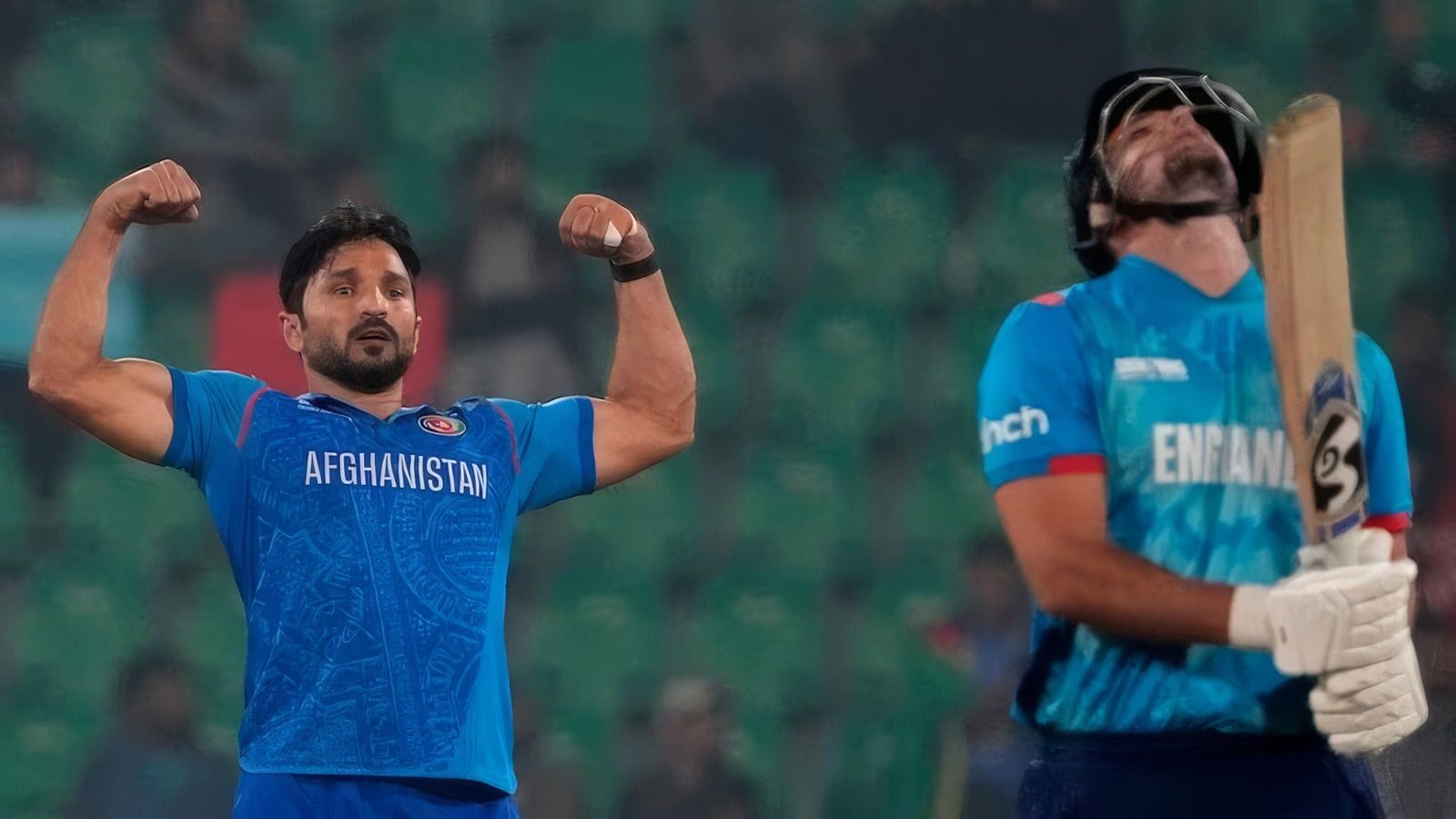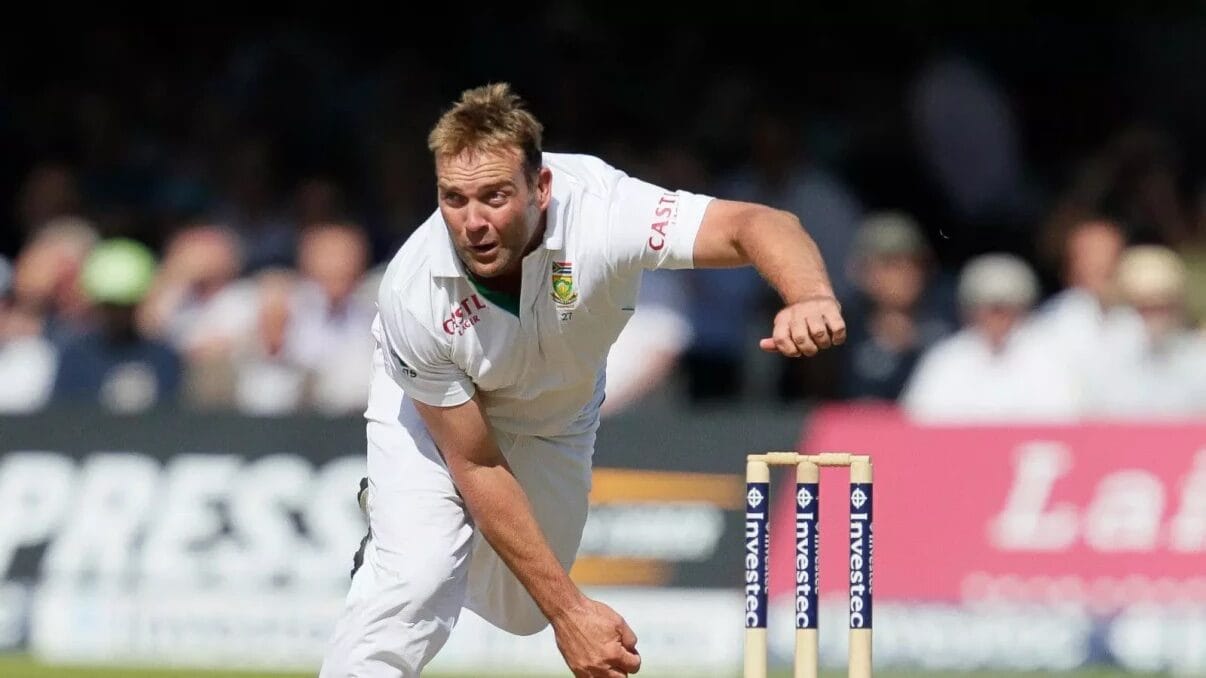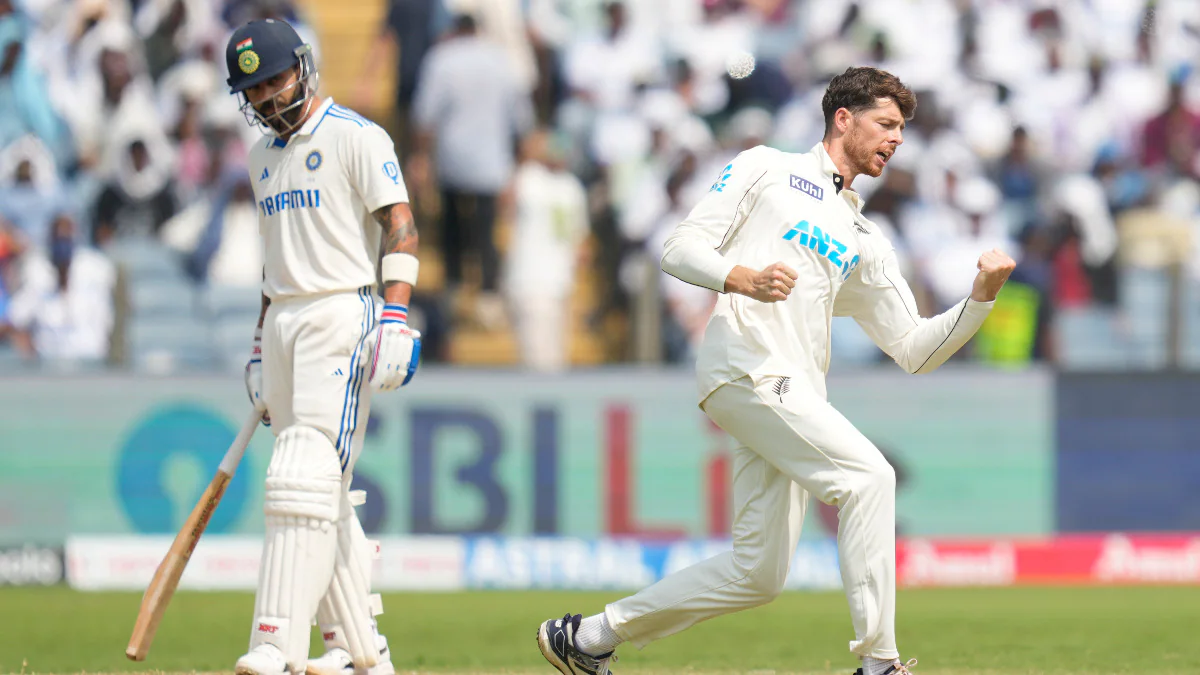“It is not the strongest squad England have taken to Australia – nor is it the weakest.”
This was Mike Atherton’s decidedly non-committal verdict, published in the Sunday Times, on Chris Silverwood’s Ashes squad, which he also described as “lacklustre”: there were certainly no surprises.
Few would dispute Atherton’s assertion that this is not the strongest squad England have sent to Australia. There might be some who question whether it might not be the weakest, given the number of pundits expressing the view that England seem destined to lose 4-0, if not 5-0. It seems harsh to condemn a side that includes Joe Root, James Anderson and Stuart Broad to the “weakest ever” category. But Root averages 38 with the bat in Australia, and Anderson and Broad 35 and 37 respectively with the ball. The support acts are unreliable in England, let alone elsewhere. England’s best hope, as Atherton indicates, rests in the fact that Australia themselves are not especially strong, being heavily dependent on a number of outstanding players.
Atherton, perhaps prudently, declined to tell us which were, as a matter of fact, respectively the strongest and weakest England sides to tour Australia.
In a way stating that a squad is particularly strong or particularly week is an odd, rather rash judgement to make before the party has even left home – which is perhaps why Atherton declined to make any such statement.
When the MCC side sailed from Tilbury for the 1958-59 tour they must have felt reasonably confident. England had won the last three Ashes series. The captain, Peter May, was at the height of his powers: no less a judge than Jack Fingleton said that he “fully expected [May] at the [tour’s] finish to rank with Hobbs and Hammond, England’s two greatest batsmen.” (One can imagine similar things being written about Root now.) The tour party included several other players who had played key roles in England’s dominance in the mid-50s – Colin Cowdrey, Trevor Bailey, Godfrey Evans, Brian Statham, Fred Trueman, Jim Laker, Tony Lock and Frank Tyson. England lost 4-0. The title of Fingleton’s book on the series, “Four Chukkas To Australia“ gives a hint of the problems faced by the tourists. There was much unhappiness about the umpiring, with controversy about throwing and dragging. The fact was, though, that the home side were better. Two great Australians – two great New South Welshmen – Alan Davidson and Richie Benaud, who had played walk-on roles in previous Ashes series, were outstanding with the ball, taking 31 and 27 wickets respectively, for under 20 apiece, and the obdurate Victorian opener Colin Macdonald scored over 500 runs. For England there was no support for May and Cowdrey with the bat. Their leading wicket-taker was Laker, who took 15 at 21.
Sometimes it’s not wise to make a definite assessment of a touring side’s quality even after they’ve arrived. Nobody will forget the late Martin Johnson’s verdict on Mike Gatting’s England tourists after some early tribulations on their 1986-87 tour: “There are only three things wrong with this England team: they can’t bat, they can’t bowl and they can’t field.” Well, Gatting’s men did something only six other England sides have done in the last hundred years: they beat Australia Down Under.
I think we can all agree that one of those seven sides must be the strongest England have sent to Australia. The candidates, by captain, are Percy Chapman, 1928-29; Douglas Jardine 1932-33; Len Hutton 1954-55; Ray Illingworth 1970-71; Mike Brearley 1978-79; Gatting; and Andrew Strauss 2010-11.
The starting point is that it is always a tremendous achievement to win in Australia. Somehow the odds do seem stacked against the visitor. All these victories were tremendous efforts.
So how to choose? One team can be eliminated with relative ease. The 1978-79 series took place during the Kerry Packer crisis. England’s Test side was affected by this but Australia’s was decimated. The Packer schism ended in 1979 and Brearley took another side to Australia to play three (non-Ashes) Tests: Australia won all of them.
The strength of the opposition should probably be a factor but that can take us only so far. England are only likely to win if Australia are relatively weak or at least less strong. One could argue that Australia were exceptionally weak in 1986-87. They were certainly going through a transitional phase in 2010-11. (I was there to watch the hugely enjoyable Adelaide Test; their spinner was Xavier Doherty.) In 1928-29 most of Australia’s great players of the immediate post-war-years had gone. England’s squad included six batsmen who had scored or were to score a hundred first-class hundreds. Their bowling, which included Larwood and Maurice Tate , was much stronger than Australia’s.
Sometimes an England victory has been due substantially to an exceptional individual performance. The obvious example of this is the Bodyline series of 1932-33 when Harold Larwood and to a lesser extent Bill Voce traumatised the Australians and reduced Don Bradman’s batting average to a mere 52. 1954-55 was not so different; then it was Tyson; Statham and the other bowlers provided terrific support, but it was Tyson who made the difference; almost all the important runs were made by May and Cowdrey.
On the face of it John Snow had a not dissimilar impact in 1970-71, but he received valuable support from Derek Underwood and others. This was a real team effort. The consistent run-scoring of Geoff Boycott, Brian Luckhurst and John Edrich was also crucial. The fact is that almost everyone who played two or more Tests contributed something of substance; the only exception was the somewhat disconsolate vice-captain, Cowdrey. Illingworth himself was as shrewd as Brearley, and, in his understated way, as ruthless as Jardine.
Another factor must also be the margin of victory. In 1928-29 and 1932-33 it was 4-1; 1954-55, 3-1; 1970-71, 2-0; 1978-79, 5-1, 1986-87, 2-1; 2010-11, 3-1. It will have been seen that Illingworth’s team is unique in not having lost a game. Each of Strauss’s victories was by an innings.
So which was the best. My inclination is to narrow it down to Chapman, Illingworth and Strauss, taking into account the various issues referred to above. Illingworth’s side, which somehow seems the least exciting option, might just edge it.
When it comes to the weakest team, the obvious candidates are the three that lost 5-0: John Douglas 1920-21; Andrew Flintoff 2006-07; and Alastair Cook 2013-14.
Douglas’ side was a victim of timing. English cricket had barely recovered from the rigours of the Great War. Australia of course contributed substantially to the imperial cause, but, be all of that as it may, Warwick Armstrong’s side was one of their strongest. There was a close parallel in 1946-47, England’s first foreign venture after the Second World War, when an under-par England side (notwithstanding the presence of Hutton and Denis Compton) faced the team shortly to be immortalised as Bradman’s Invincibles. England’s captain, Walter Hammond, had a wretched time and they lost 3-0.
The fate of Flintoff’s and Cook’s teams illustrates the perils of making predictions in this area. Both tours took place in the wake of Ashes victories at home; each was followed by another such victory. Seven of Flintoff’s squad toured with Strauss’ highly successful team (including Strauss himself and Cook) and no fewer than eleven of Strauss’ squad were to tour with Cook. For a variety of reasons, the wheels came off on both tours.
There are other candidates, apart from Hammond’s side. For four successive tours, under Graham Gooch (1990-91, 3-0), Atherton (1994-95, 3-1), Alec Stewart, (1998-99, 3-1) and Nasser Hussain (2002-03, 4-1), England never looked like regaining The Ashes. But it would be wrong to pick one of those sides. They played against outstanding Australian teams. Each of Atherton’s, Stewart’s and Hussain’s sides achieved a stirring victory – admittedly a dead rubber” victory in Hussain’s case – and this must exempt a side from inclusion in the “weakest” group. This also exempts Freddie Brown’s 1950-51 side (4-1), which looked slightly feeble at the start and suffered from two of its best batsmen, Compton and Cyril Washbrook scoring almost no runs. I would put Mike Denness’ 1974-75 side (4-1), who were confronted by Dennis Lillee and Jeff Thomson, in the same category as the Stewart and Hussain teams.
Again, it is a difficult decision. There were extenuating circumstances for each of the 5-0 teams: Shane Warne and the Adelaide nightmare in 2006-07; Mitchell Johnson and internal problems in 2013-14; in 1920-21 Australia were simply too good – not much of an extenuating circumstance, I realise.
In any event there is little to choose between the three. But what we really mean when we say “weakest”, at least after the event, is that damning verdict, “most disappointing”. And in that category I think May’s side stands alone. They arrived in Australia with an outstanding Test record. They lost two games by eight wickets, one by nine and one by ten. The third Test, at Sydney was a bore draw.
One gets the feeling nobody is going to be hugely disappointed if Root’s side don’t regain The Ashes. We all hope the captain will maintain his wonderful form of 2021. But if the team are to do well, someone unexpected – more than one actually – is going to have to play a blinder.





6 comments
Peter Stitch Hutton
Even if Root, Anderson and Broad all surpass their best averages on an Ashes tour, England could still be defeated unless 5 other players stand up!
Will Inglis
Excellent piece as ever, Bill.
Douglas Jardine’s father, Malcolm, went to school in Edinburgh, so fair chance of some Scottish blood.
Going back rather further, ‘Johnny Won’t Hit Today’ Douglas’ team of 1911-12 also won four tests. Any side with Hobbs, Rhodes, Barnes and Woolley has got to be amongst the candidates here.
Zafar Ahmadullah
Interesting piece Bill, a very minor gremlin, Bradman average 56.57 in the Bodyline series, not 52
Piers+Pottinger
Glad to see a mention for England’s only Scottish Captain the admittedly pretty useless Mike Denness. Otherwise an extremely erudite piece as usual from the author of The Immortals. I doubt Root’s bunch will make the revised edition sadly.
Malcolm+Merry
Another consideration is Bradman. Defeat of a side containing him throughout the series was achieved by only one England team, and in Australia, in ’32-33. That’s why they were the best to visit Australia.
Wasn’t the captain also Scottish?
Rory+Miller
Douglas Jardine was born in Bombay/Mumbai according to Cricinfo, but the family may have been Scottish, I guess. I haven’t checked.